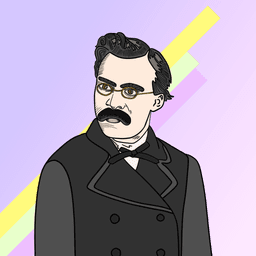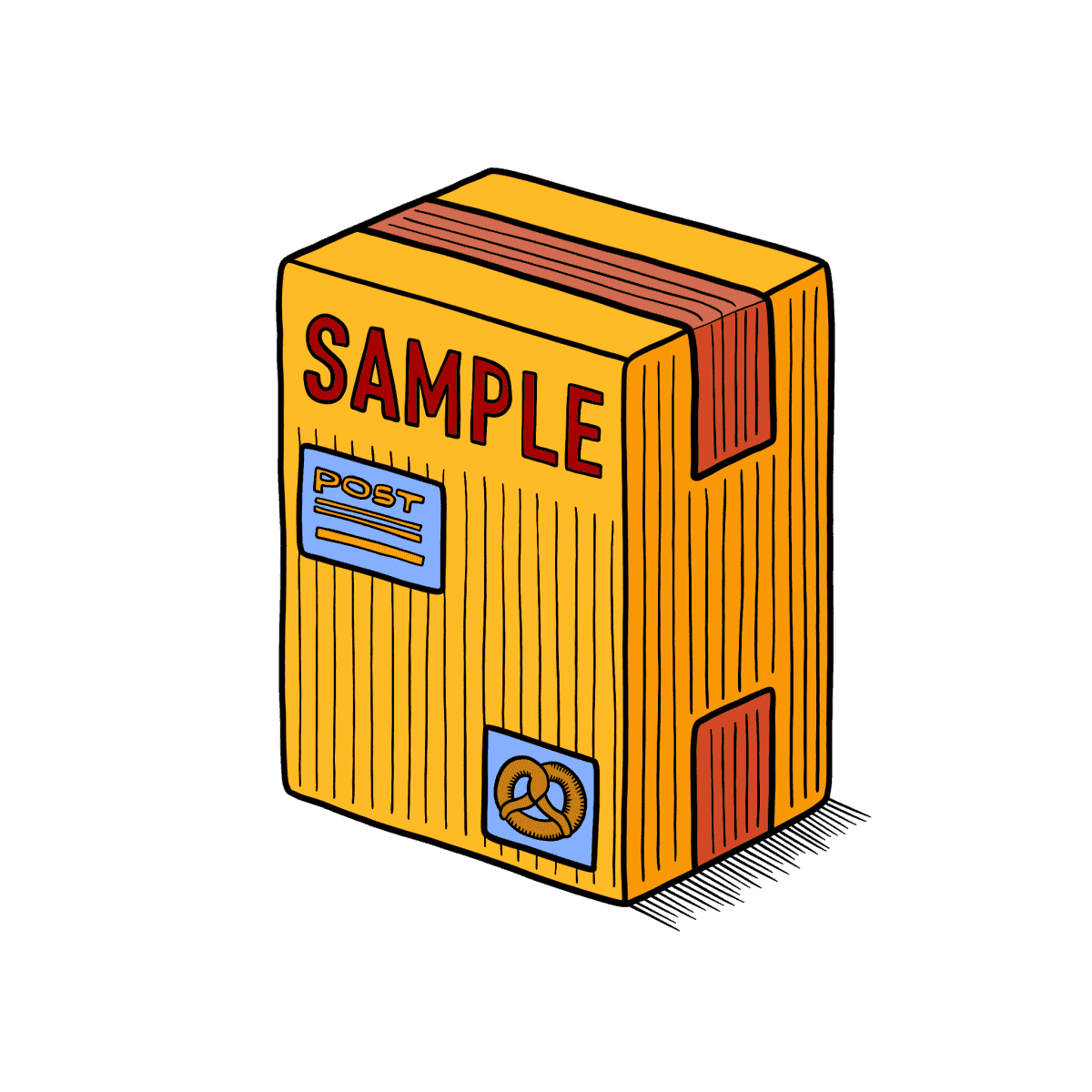Thank You in German
Expand your use of expressions, by learning more than one way to say thank you. Instead of 'Dankeschön', why not try 'Das hättest du nicht tun müssen'? Here are 5 ways to express gratitude or simply say "thanks" in German.

How do you say thank you in German? Or, more importantly, how many different ways to say thank you do you know in German? How would you thank someone in a formal situation, for example?
What would you say to a good friend? How do you express real gratitude? Let's find out! This is what we're covering:
1. How To Say Thank You In German
The German word for thank you is Dankeschön. If you're an absolute beginner who will just remember one thing from this blog post, let it be this: Danke. That's the short version and it's appropriate in pretty much all contexts.
In Germany (or other German-speaking countries), you can never go wrong with Danke or Dankeschön. Here's an example:
Using Danke is perfectly acceptable in almost any situation you will encounter - unless someone just fought a pack of wolves for you and saved your life. In that case, you will want to use something stronger (if that's why you're here, go straight to the end of this article).
With "Danke" out of the way, let's now look at some other variations of saying thanks.
1. Thank you very much
After "Danke", let's continue with another very common way to say thanks in German: Thank you very much.
The German equivalent to Thank you very much would be Vielen Dank. It's very polite but still casual enough for pretty much any situation. So you can say this to your boss, co-worker, a supermarket cashier or a friend.
2. Many Thanks (formal)
If you want to sound a bit more formal and adult, you could say "Danke vielmals" or "Herzlichen Dank". "Danke vielmals" means "many thanks", while "Herzlichen Dank" literally translates roughly as "cordial thanks".
Both expressions sound a bit more adult and formal though. You'd use them in restaurants or in more formal occasions (if at all).
You also hear older people more often use "Herzlichen Dank".
3. No thanks
Nein, danke.
2. How To Express Gratitude in German
Now, saying thank you in German is one thing, but sometimes you might want to express little a more gratitude or say thank you to someone in a more meaningful way, in case you feel a simple 'thanks' does not suffice.
We'll start of with a casual "I owe you one" and move on to more serious expressions of gratitude in German, like "I am very grateful" and "How can I ever possibly thank you?".
4. I owe you one
If you want to thank someone for having done you a big favour and you want to express that you will pay that favour back one day, you could use the German expression Ich bin dir etwas schuldig:
Here is another example sentence:
5. You didn’t have to do that
Das hättest du nicht tun müssen! is another German expression that expresses gratitude and lets the other person know that you are grateful. The English translation is you didn’t have to do that. Be a little bit careful what situations you use this in, because some Germans might
Oh Connor, du hast mir Frühstuck ans Bett gebracht! Das hättest du nicht tun müssen!
6. That is very helpful
Das ist sehr hilfreich / Das hilft mir sehr!
English equivalent: that is very helpful!
Ich finde es sehr hilfreich, wenn du langsam und deutlich sprichst.
7. I am very grateful
Ich bin dir sehr dankbar. Du hast mich vor den Wölfen gerettet.
8. How can I ever possibly thank you
Lastly, here's a very strong one. Don't use this at the supermarket.




